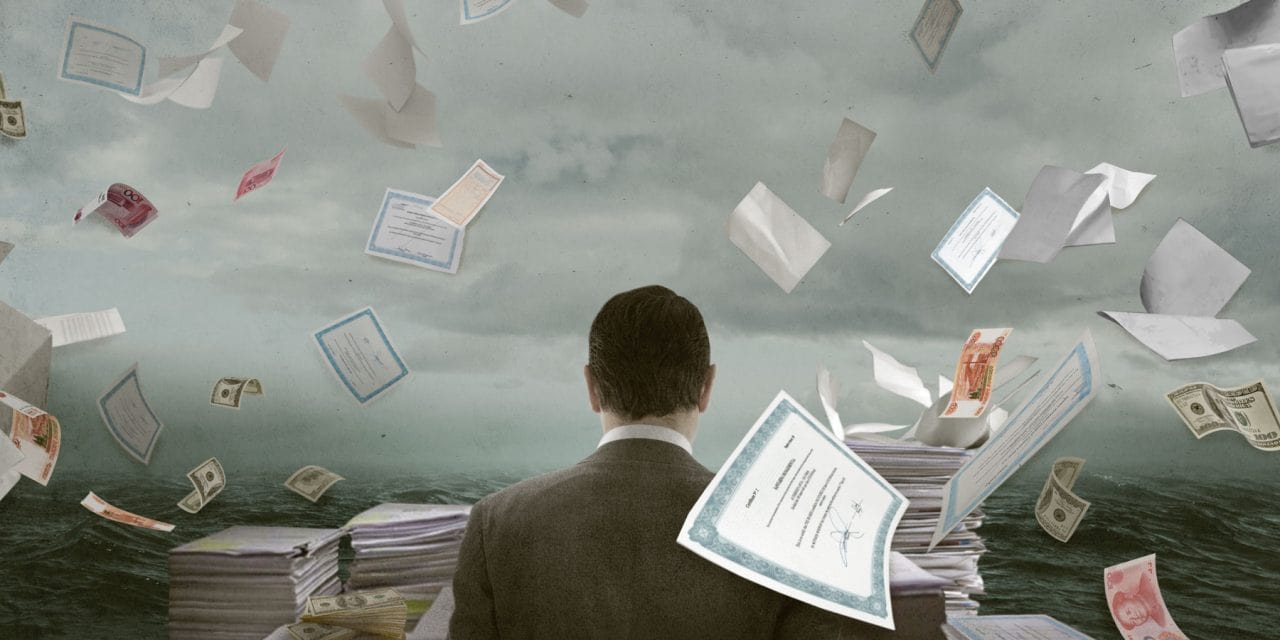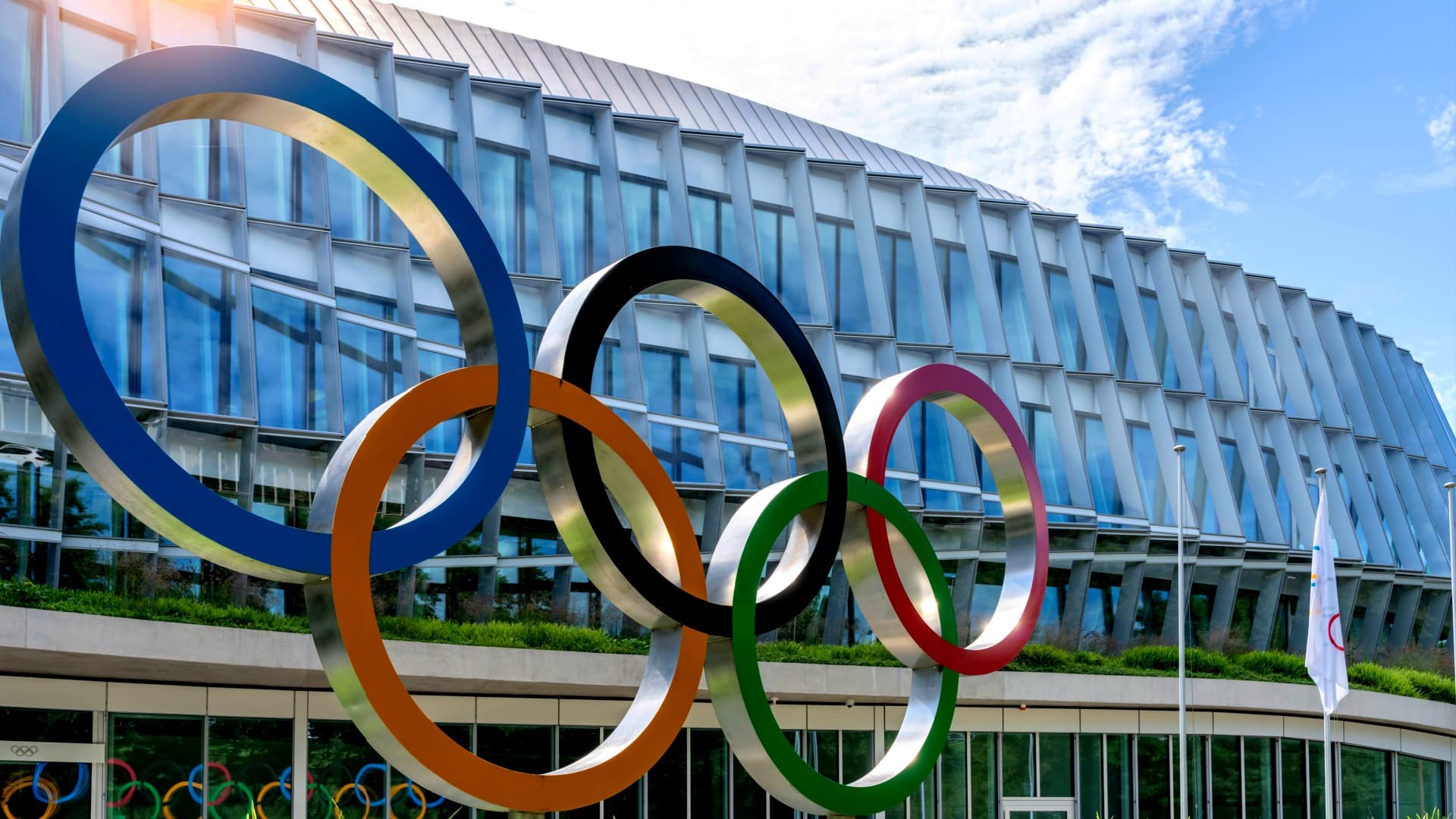
The Panama Leaks
Posted on: 10th April 2016 in
News
Here at Holborn Assets, we have been asked how the Panama Leaks fit into the financial picture for the UK expat. The press is full of talk of tax havens and offshore banking and shell companies – but what does it all mean?
What was leaked?
- 5 million documents relating to the financial dealings of people, some very famous, from over 200 countries.
- The documents from Panamanian law firm Mossack Fonseca have, according to the BBC, “lifted the lid on how the rich and powerful use tax havens to hide their wealth.”
- Listed were 214,000 business entities, many being foundations, trusts and shell companies.
- The haul of computer data was huge, totalling 2,600 Gigabytes (or 2.6 Terabytes) – dwarfing the Wikileaks data of 2010, for example, which came to only 1.7 Gigabytes.
Where did the leak come from?
- The data was handed in anonymously to German newspaper Sueddeutsche Zeitung.
- The newspaper shared the leak with the International Consortium of Investigative Journalists (ICIJ).
- The ICIJ then worked with over 107 media organisations from 76 countries to analyse the data – and published their findings on April 3, 2016.
What international figures were named?
Those named include 12 current or former heads of state, 140 politicians, the late father of UK Prime Minister David Cameron, the brother-in-law of China’s President Xi Jinping, various business people, famous sports and entertainment icons, drug smugglers and 33 people or companies blacklisted by the US government, including
North Korea.
What scandals have the Panama Leaks revealed?
A mixed bag of financial scandal on different scales has come to light, including a suspected $2bn money-laundering ring centred on Russian President Vladimir Putin, corruption links to FIFA President Gianni Infantino, and Ian Cameron’s tax affairs.
What illegal activity has been proven is not clear. The BBC reports that, “most of what has been going on is about hiding the true owners of money, the origin of the money and avoiding paying tax on the money.”
“These documents, if nothing else, raise an awful lot of questions.” Said Gerard Ryle, the director of the International Consortium of Investigative Journalists (ICIJ) that published the leak.
What about tax havens?
“Tax havens” are involved in the Panama Leaks for two reasons.
Firstly, the leak was data from a law firm (Mossack Fonseca) based in Panama – and Panama has an exceptionally bad reputation as a tax haven.
Secondly, the leaks from Panama showed how other tax havens have been used on a grand scale to set up secretive networks of shell companies designed to hide the ownership of money.
- Officially, “tax havens” are known as “Offshore Financial Centres”.
- Unofficially, tax havens were slammed as “sunny places for shady people” by former British cabinet minister Vince Cable.
- Tax havens are countries, often small island nations, where taxation on financial dealings is low or non-existent.
- What’s more, tax havens are no longer so much about tax evasion as about offering a high level of financial secrecy. This secrecy could be used for a number of sophisticated financial systems abuses such as money-laundering.
Is Panama a special tax haven?
Panama’s President Juan Carlos Varela says his government has “zero tolerance” for financial crime.
So what gives Panama such a bad name?
Panama offers “an especially strict form of secrecy,” says Jolyon Maugham, a barrister specialising in tax. Maugham told the BBC that “Panama is a real standout bad guy in this story. It’s a uniquely ugly place to site your assets …notable only for the extreme and unattractive secrecy it offers.”
Campaign group The Tax Justice Network says Panama “has adopted a hard-line position as a jurisdiction that refuses to co-operate with international transparency initiatives.”
What about shell companies?
The Panama Leaks show how shell companies are often registered in tax havens to create a secret, high-value financial networks.
Like tax havens, shell companies are all about secrecy. The BBC explains that “a shell company has the outward appearance of being a legitimate business. But it is just an empty shell. It does nothing but manage the money in it while hiding who owns the money.”
What about offshore banking?
Over 500 banks were named in the Panama Leaks. So what’s the difference between offshore banking and tax havens?
Specifically, Panama is a site of offshore banking AND a tax haven.
Generally, ALL tax havens are sites of offshore banking, but NOT all sites of offshore banking are tax havens.
That’s because offshore banking simply means having bank accounts located outside the holder’s country of residence. Many consumers do this for a number of reasons. And we will be looking more closely at offshore banking for UK expats soon.
Got a question about this topic? Ask us on
Holborn Assets Quora page.


















